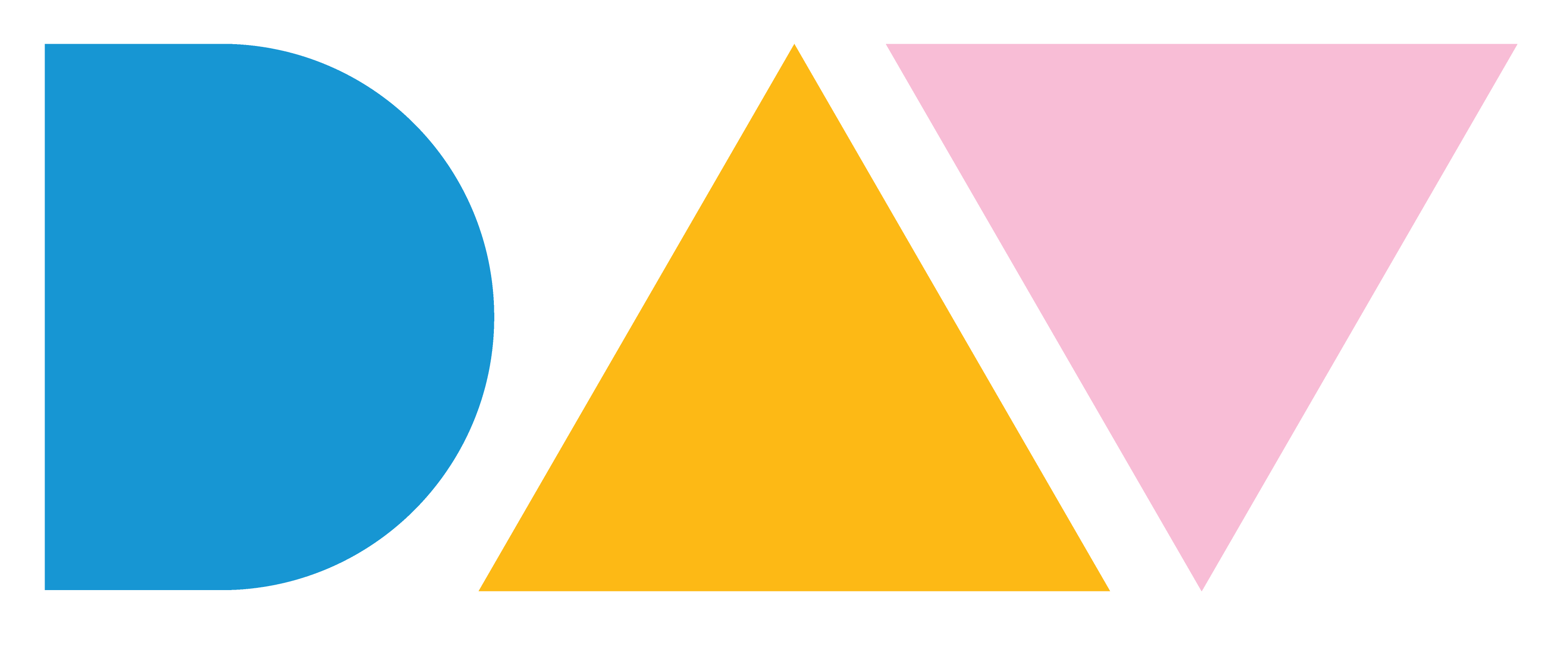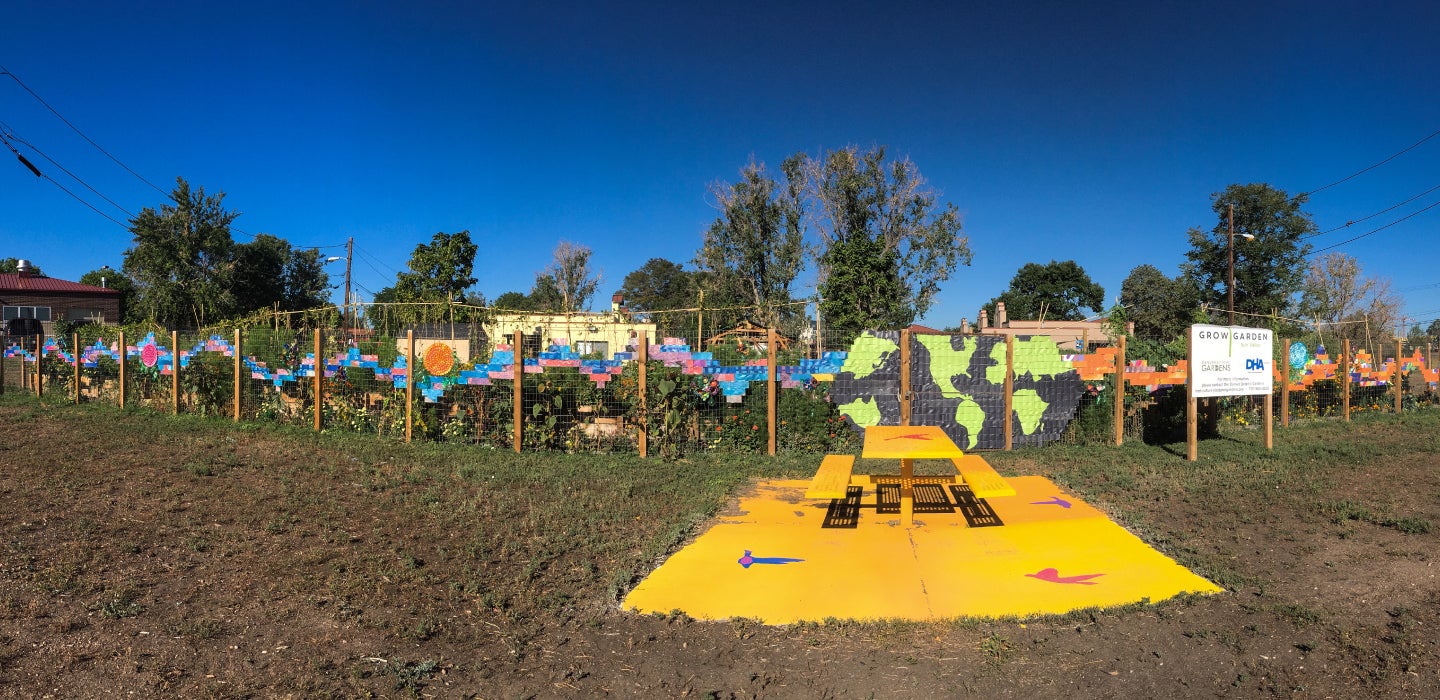Students in the Arts Street program at Youth Employment Academy worked with artists to create upcycled art in the Sun Valley neighborhood | P.S. You Are Here - Photo courtesy of Arts Street@YEA.

P.S. YOU ARE HERE
Project Guidelines
Whether this is the first time you are applying for a P.S. You Are Here (PSYAH) grant or you're already making magic in our neighborhoods, the City process for grant applications can be difficult to nagivate. We're here to help! Our team will work with you every step of the way, from conception to execution.
These projects are vital to our mission of creating more access to art in every corner of our city, to creating a sense of place, purpose and connection, and to honoring the diverse communities that call Denver home.
Where do I start?
Below is everything you need to know and the requirements to apply. Each year, when the grant opens we offer a virtual or in-person information session and recording of the session here, to provide guidance on the process.
Also, visit our PSYAH Toolkit to find resources and links that will help you in developing your idea for a future project.
PSYAH Toolkit

